Modern Music: The Presence of Politics in Pop
Milo Leahy-Miller '24 explores the politicization of music and how listeners react to music that communicates views antithetical to their own, offering insights into an interesting development in modern media through student interviews.
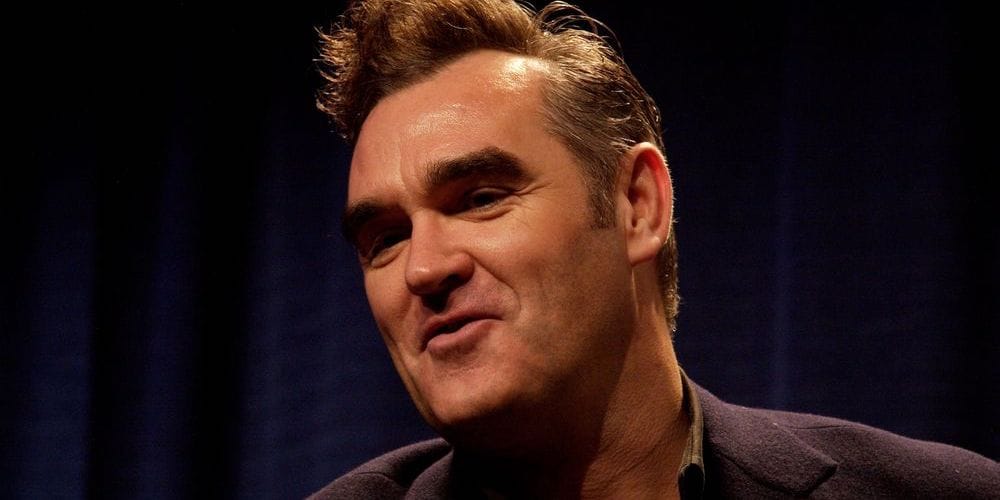
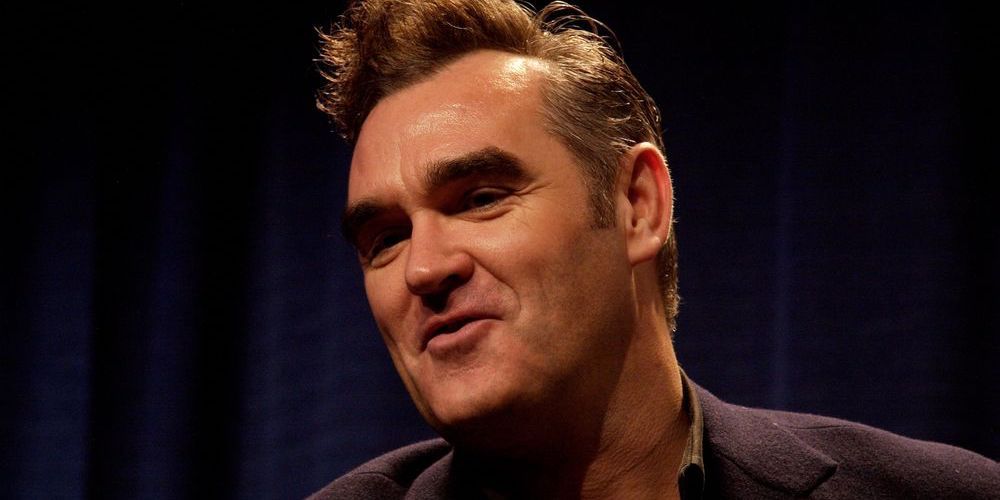
Whether it’s punk, rap or reggae, modern music is as political as ever. And while artists may sometimes express polarizing political views through their music, many listeners have no problem hearing music replete with political views they don’t agree with. From personal experience, I know several conservatives who listen to Kendrick Lamar, an artist who is most decidedly not conservative. How is it that people listen to overtly political music espousing views that they themselves don’t subscribe to?
I recently created a survey, and sent it to the on-campus GroupMe, “Amherst Bussin,” asking people to fill it out. I had hoped to get different responses from different political backgrounds, in order to have a variety of views, and perhaps see some patterns within different political groupings.
Unfortunately, the overwhelming majority of the 40 responders identified as left-wing or Democrat, with very few conservatives and right-wingers responding (see Figure A) and with even fewer willing to be interviewed.
On top of that, for the most part, people agreed with the politics of their music, with more than 70 percent of respondents putting a 7/10 or higher when asked if they agree with the politics of their music.
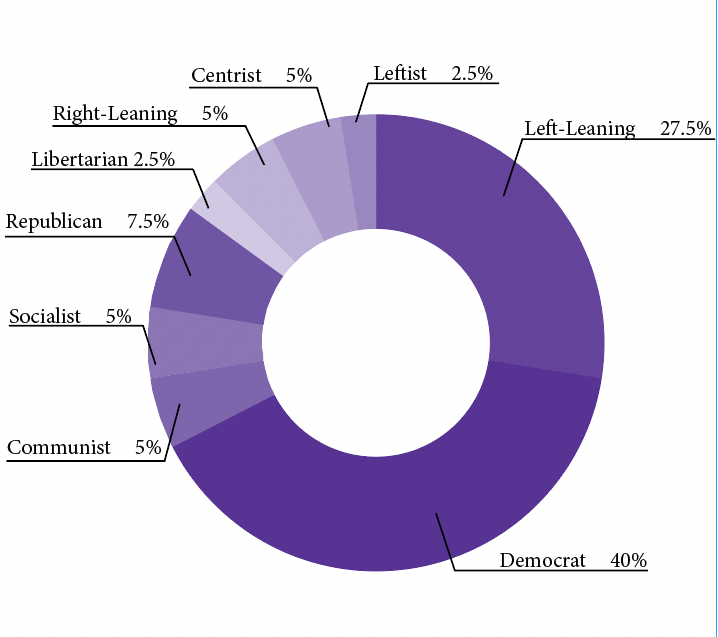
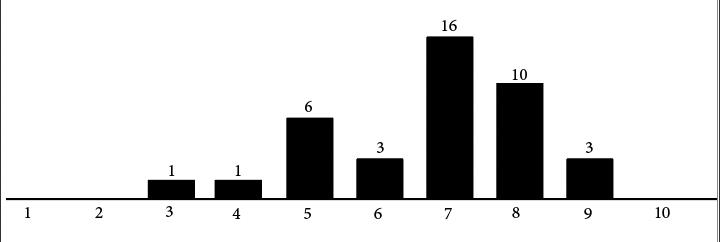

In figure C, it appears that, on average, people with politics on the right side of the U.S. political spectrum tend to agree less with the politics of their music, albeit only slightly. It is possible that this is only because of chance, and does not have anything to do with the individual’s political affiliation, especially considering the small sample size of the survey. However, assuming that it is not the case of random luck, the reason for it may be that there is simply very little largely popular right-leaning music. Of the top 10 most-streamed artists on Rolling Stone’s charts, only one (Kanye West) has outspoken right-leaning political views. As such, people with right-leaning politics simply don’t seem to have as many options when it comes to listening to political music.
When Jack Siegel ’22 hears a song pop up on his Spotify that he disagrees with, he says, “I might listen to it once or twice, and kind of laugh and roll my eyes and then just skip it.” I think this reaction is representative of a significant number of people when they find the artists they listen to releasing songs they disagree with politically. Unless they idolize the artist, to them, it’s just a bad song.
Another reaction people have when disagreeing with an artist they listen to can be examined through the lens of The Smiths and specifically their frontman Morrissey. There are lots of people who love to listen to the Smiths, but despise Morrissey for his political takes. They call him whiny, self-pitying and even racist. But they still listen to him. Why? Because they like it. They listen past the lyrics, and simply enjoy music itself instead.
Sirus Wheaton ’23 mentioned how the political hypocrisy many music listeners practice plays out in another way. He discussed people he knew that would listen to lots of Black artists and “call them their heroes and stuff. But then when there comes time for a literal walkout, like we had last semester, they're nowhere to be seen.” The fact that people are woke for clout demonstrates an incisive point: white people often appropriate the genuine emotions, struggles and feelings expressed in Black music. “It's almost exploitative,” Wheaton said.
It seems to me that, for the most part, people tend to agree with the politics in their music and will not listen to artists that express opposite views. Or maybe they don’t listen to political music at all. And, if they do listen to music that disagrees with their views, it is usually because they can look past the intended message to the emotions and feelings the music conveys, and interpret things in their own way. But this can be harmful. By romanticizing and superficially supporting the struggles of an artist, listeners delegitimize the artist’s messages and undermine the artist’s integrity.



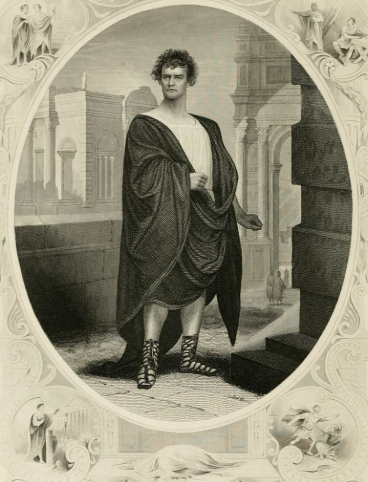
Comments ()